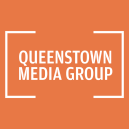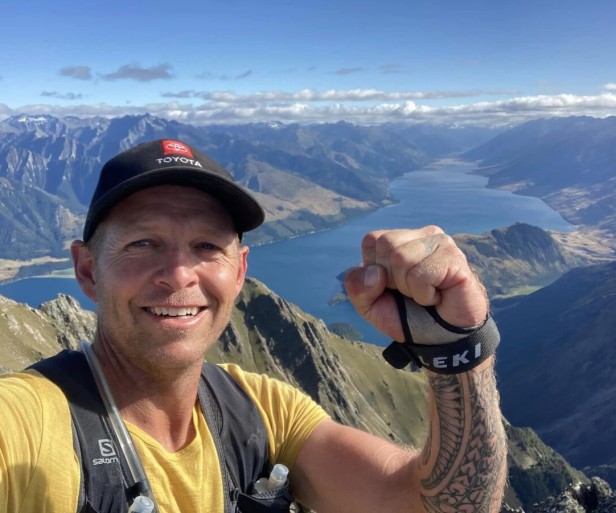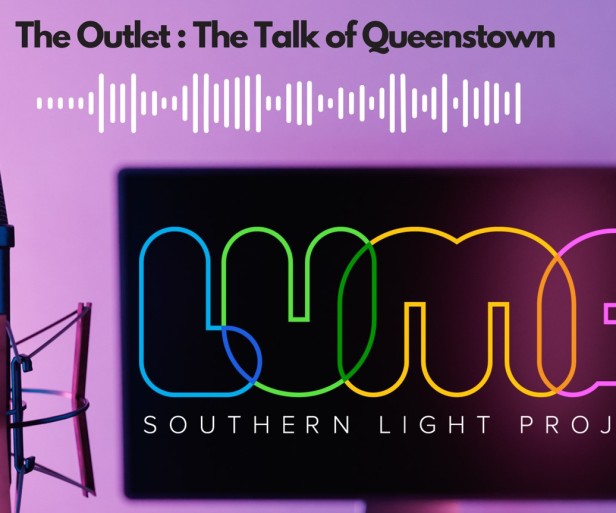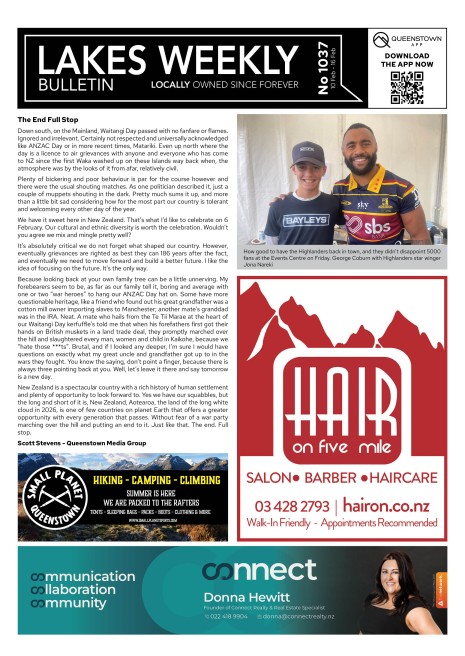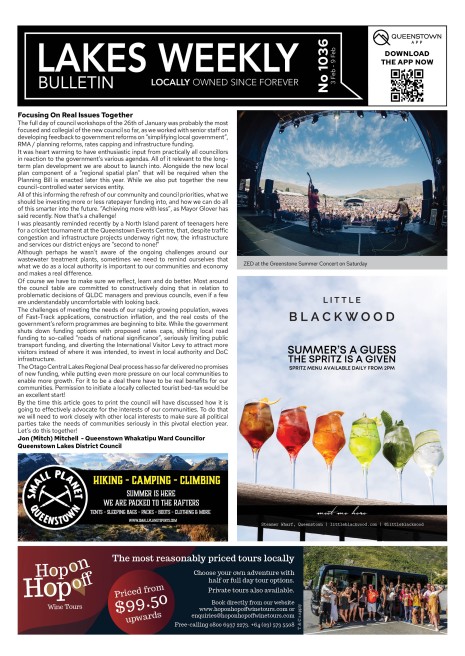Outlet Podcast: Alexa Forbes

Building more and more roads cannot be the answer to our congestion and climate problems, says Otago Regional Councillor Alexa Forbes.
Queenstown-based Forbes is our guest on this week's Outlet Queenstown Podcast.
She unpacks the Coalition Government's latest statements on New Zealand's transport future, the issues with "short-term thinking" and how believes Queenstown and NZ can find a better alternative.
"Road building, in my view, is not the way forward," she says. "Encouraging more people into private cars is not the way forward. Putting more freight on the roads isn't the way forward.
"We need to be thinking about long-term infrastructure that actually supports how we're going to have to move people and freight around the country and beyond. I don't think that is thought through at all, and I can't quite understand why they're going this way."
Forbes, who is co-chair of ORC's Public and Active Transport Committee, which meets 9 May, says the car-centric approach ignores the realities of Queenstown's constrained landscape, as well as the push for the district's visitor industry to be carbon zero by 2030.
"We don't want to get ourselves in the situation that other countries have done where you've got black snow falling from the carbon that's in the air. I mean other countries have had to clean those things up."
It is also making Queenstown's downtown something of a "tourist ghetto", less and less used by locals despite its recent pedestrianisation improvements and beauty.
Otago Regional Council is working on its Long Term Plan, which is open for public feedback. In the podcast Forbes discusses the overall funding challenges and the fact that Wānaka and other areas pay exactly the same for Queenstown's public transport as Queenstown locals do, despite having no access to it.
"That's one of the big things that really needs good consideration," Forbes says, "... I am expecting and welcome a strong pushback against that."
Despite the challenges, there is hope and there are alternatives, especially for Queenstown.
"One of those things we might want to change really, really quickly is getting really good cycle infrastructure in place, so there is room on the roads for mum or father with kids, delivering everybody off to the rights places for the day. There are so many people that are willing to move onto their bicycles, and onto their feet . . . but it's got to be safe."
Forbes says she's looking to the next generation, the local teenagers who can't yet drive.
"If we can make a safe transit system for them, they'll be off their screens, they'll be physically fit, they'll be healthier, able to connect with friends and sports clubs, etc., much more easily.
"So when I'm thinking transport, I'm thinking of those kids, the 14 year old. I'm really not thinking about what the government's doing. I think a lot of this we can do ourselves."

